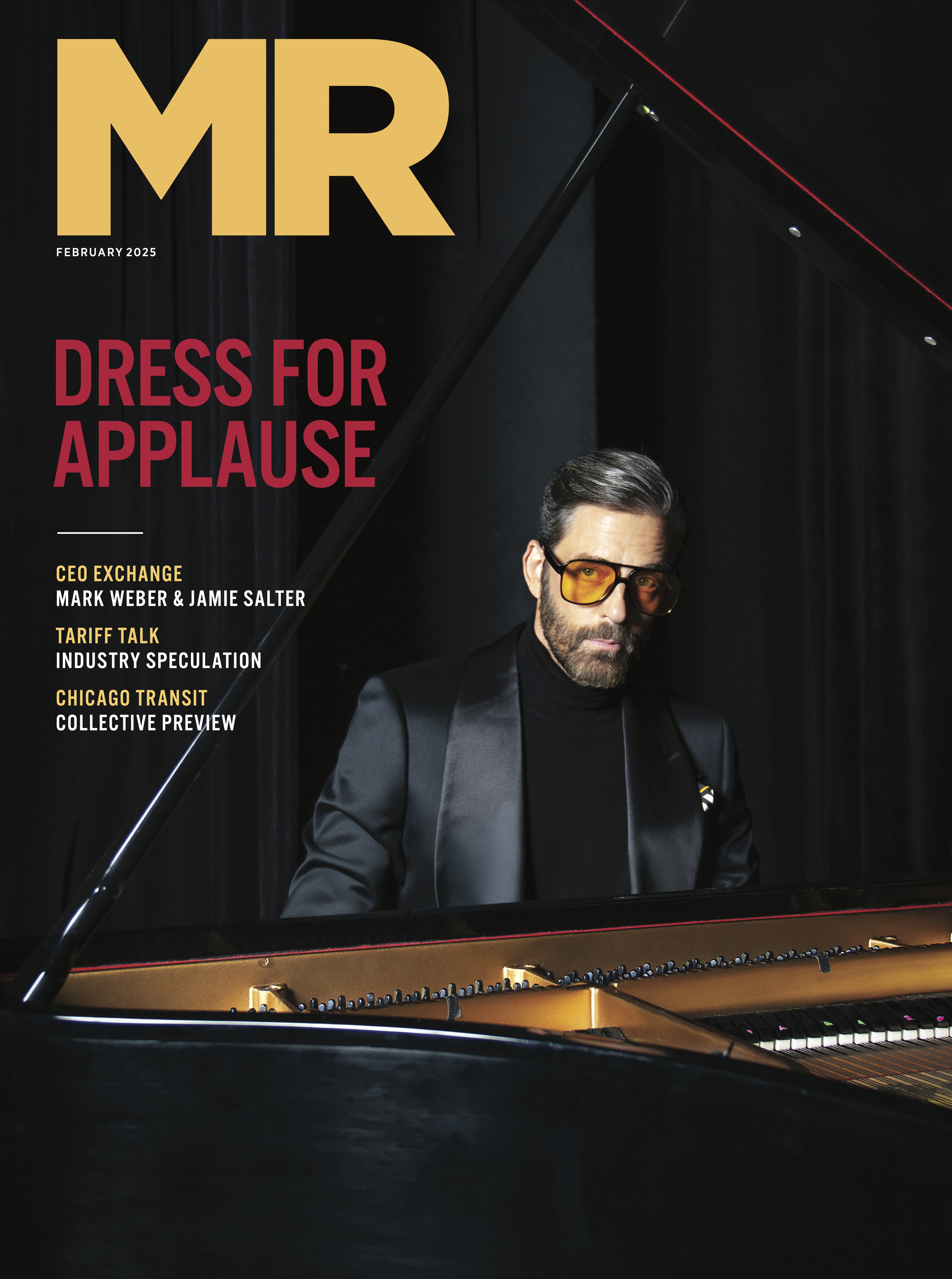Retail As Marketing: Redefining The Retail Experience

In the pre-digital era, the relationship between brick-and-mortar retail stores and their customers was largely transactional— places to fulfill supply and demand. Yet as online commerce continues to grow exponentially, the role of the retail store is shifting from purely pragmatic to more experiential. Moving forward, the key to survival for retail stores may rely on their ability to act as a living showcase for products and brands. Take Coach, for instance, which has made some radical yet effective changes in its approach. Last year, the company pulled its line of handbags and accessories out of 25% of its North American department store locations — choosing instead to focus energies on its own stores. Chief among those stores is the new Coach flagship location in New York, which elevates the ordinary shopping experience with special touches like a monogramming station (replete with emojis), a 12-foot dinosaur fashioned out of Coach leather pieces, and Made to Order Rogue (which gives shoppers the ability to create a bespoke Rogue bag). Tesla and Nike are also among the companies leading the charge to create new associations with the traditional retail experience. For luxury car manufacturer Tesla, the dealership concept has made way for direct-to-consumer stores and galleries. Sleek interactive displays and on-site demos educate shoppers about the brand’s electric vehicles, while design studios enable would-be Tesla owners to configure their desired model (which they can then share on social media). As Automotive News put it, “The idea is less to sell a product on the spot than to let shoppers spend time with the brand.” It seems to be working: Reservations for Tesla’s Model 3 are reported at around 400,000. Read more at Forbes.

